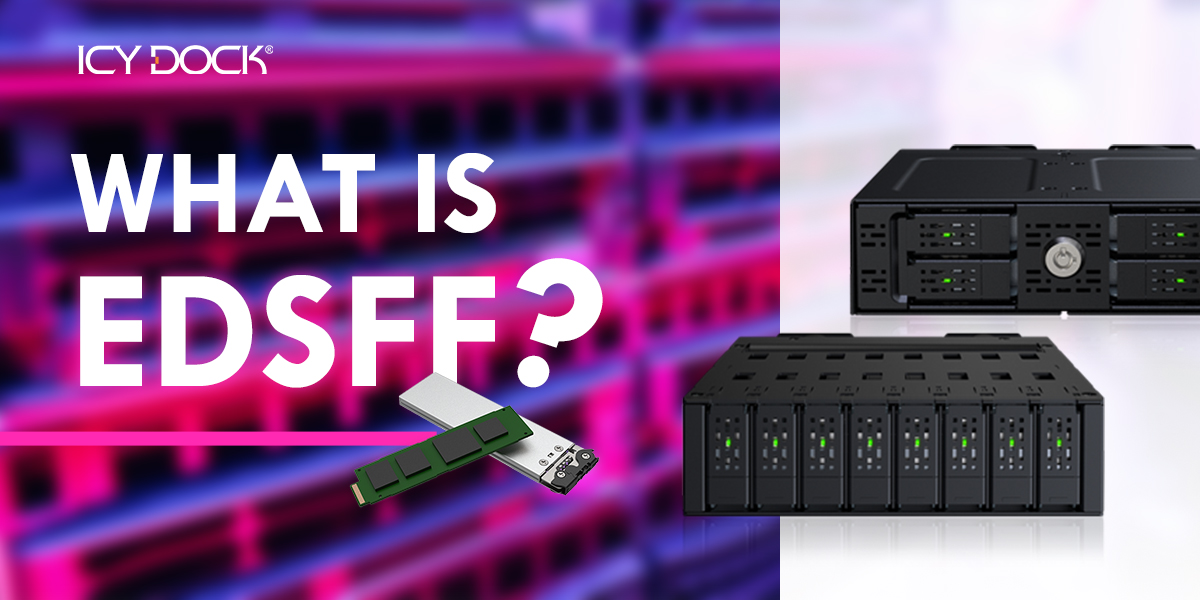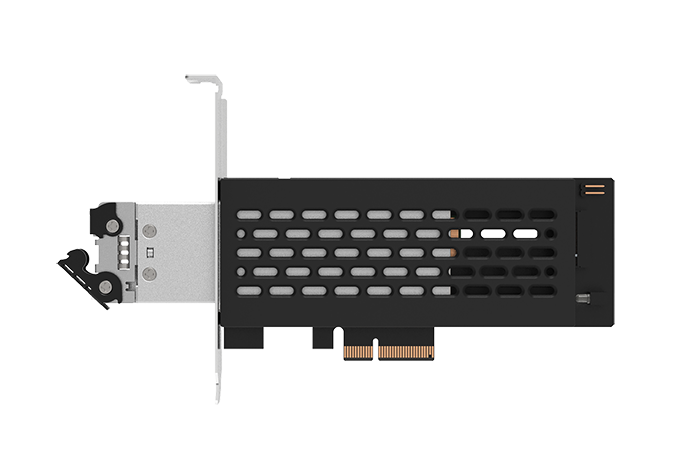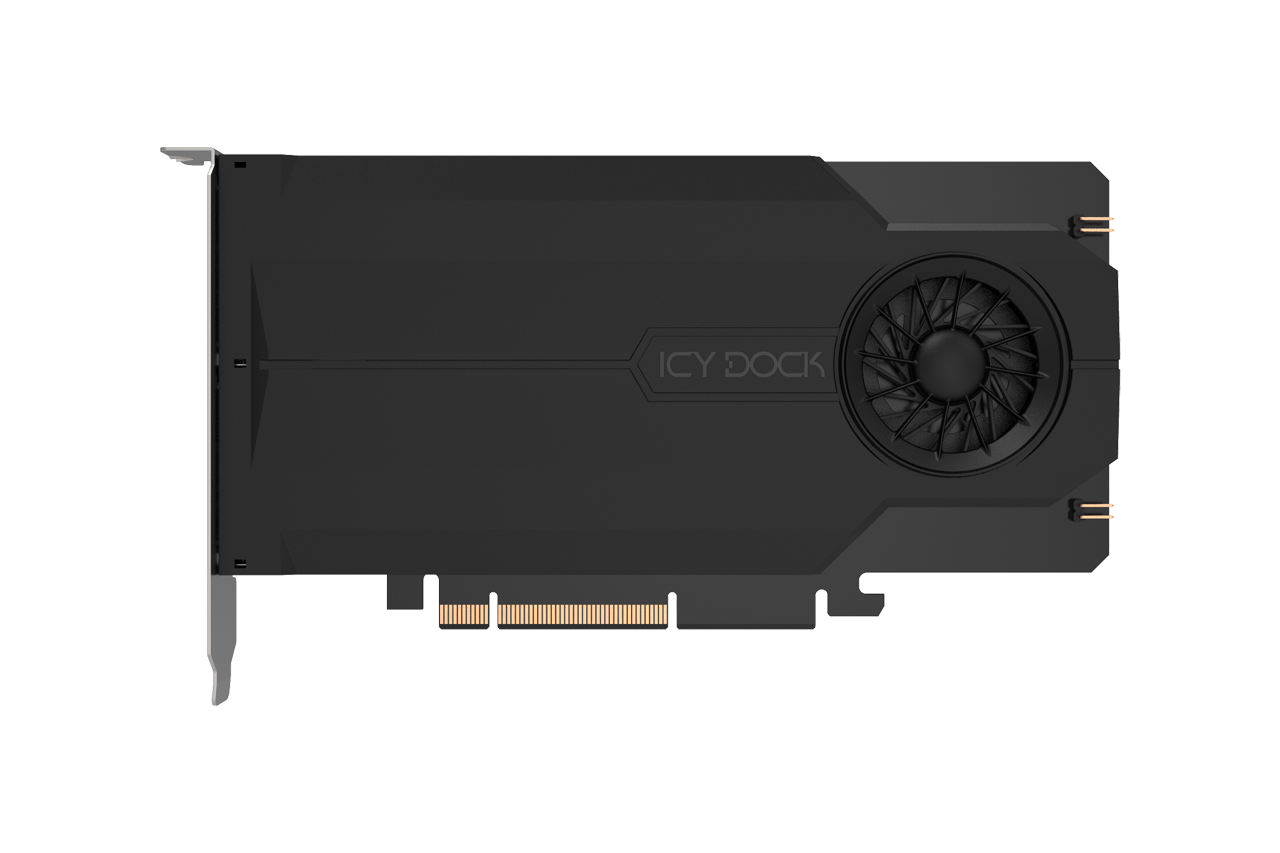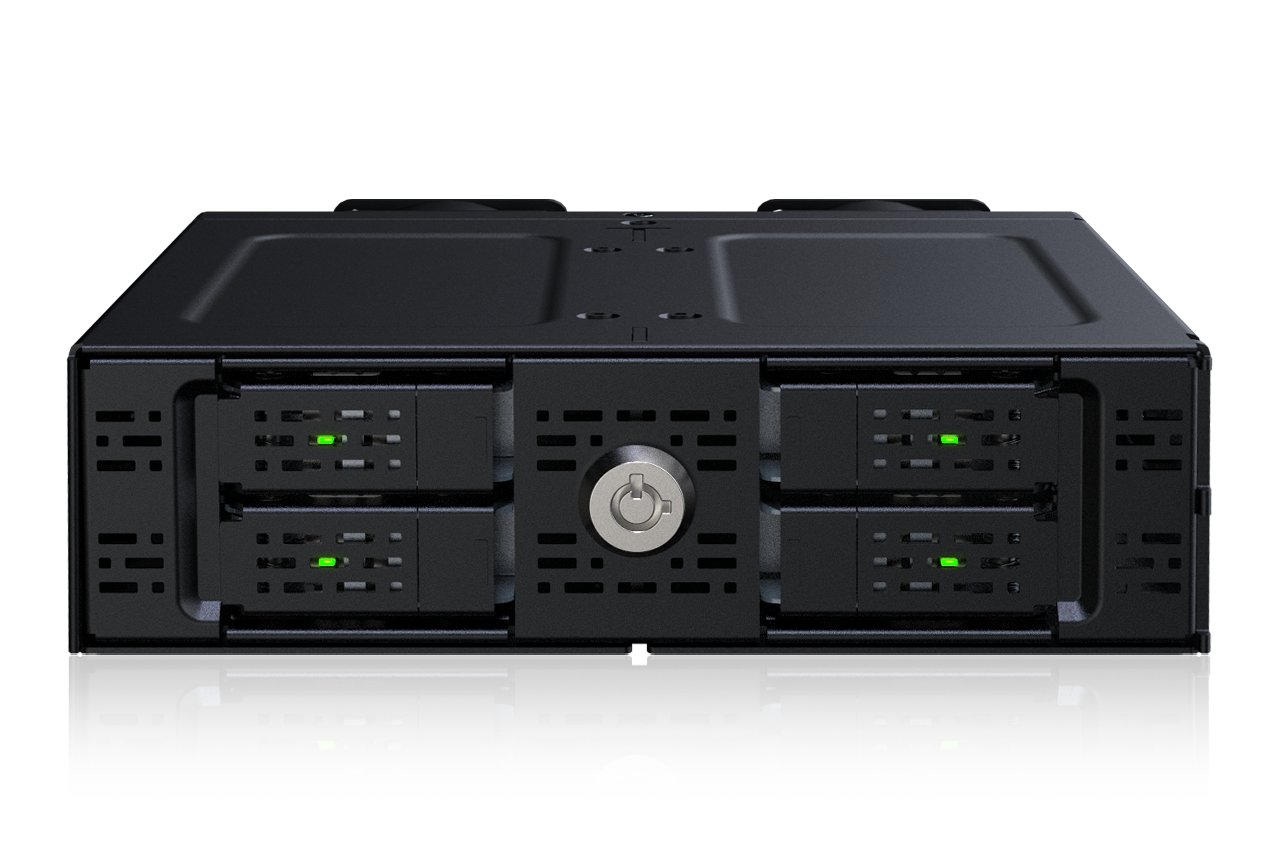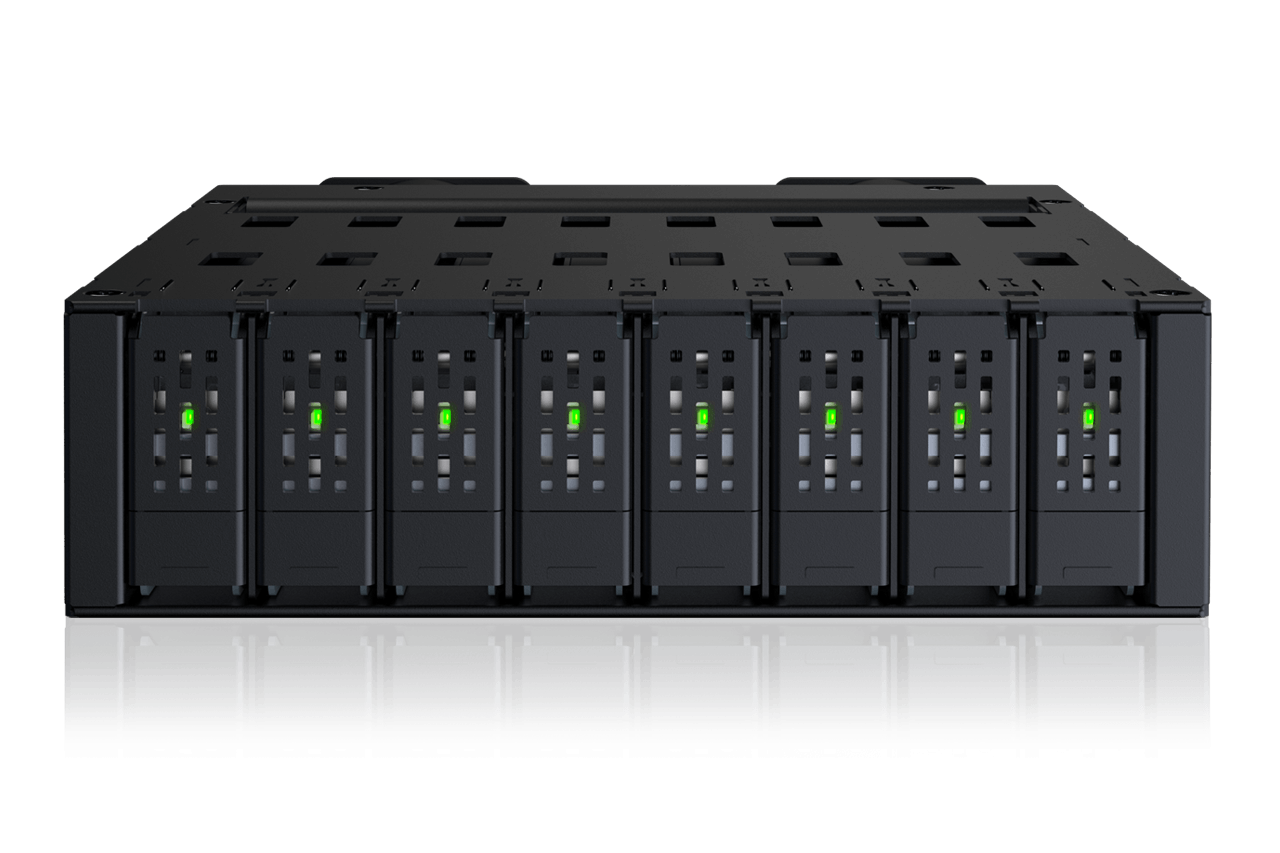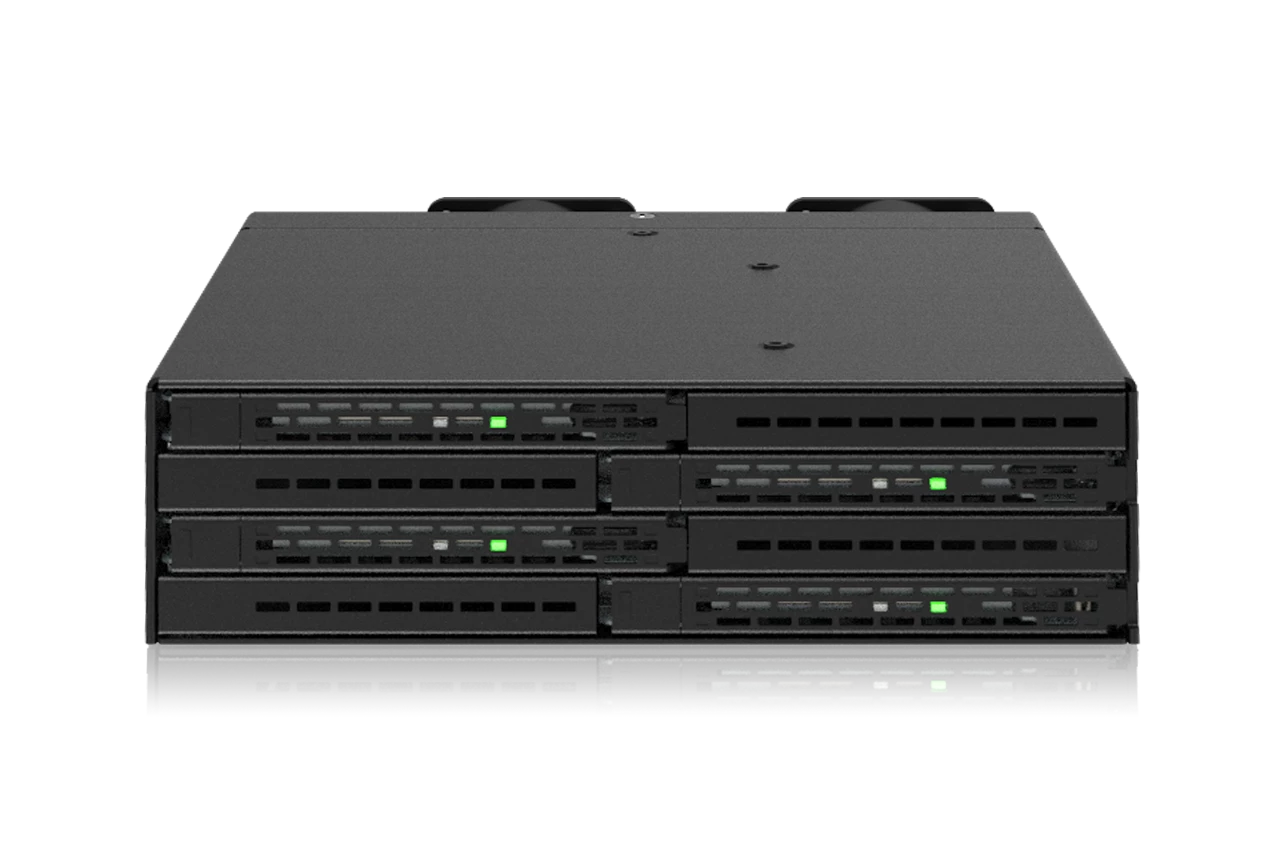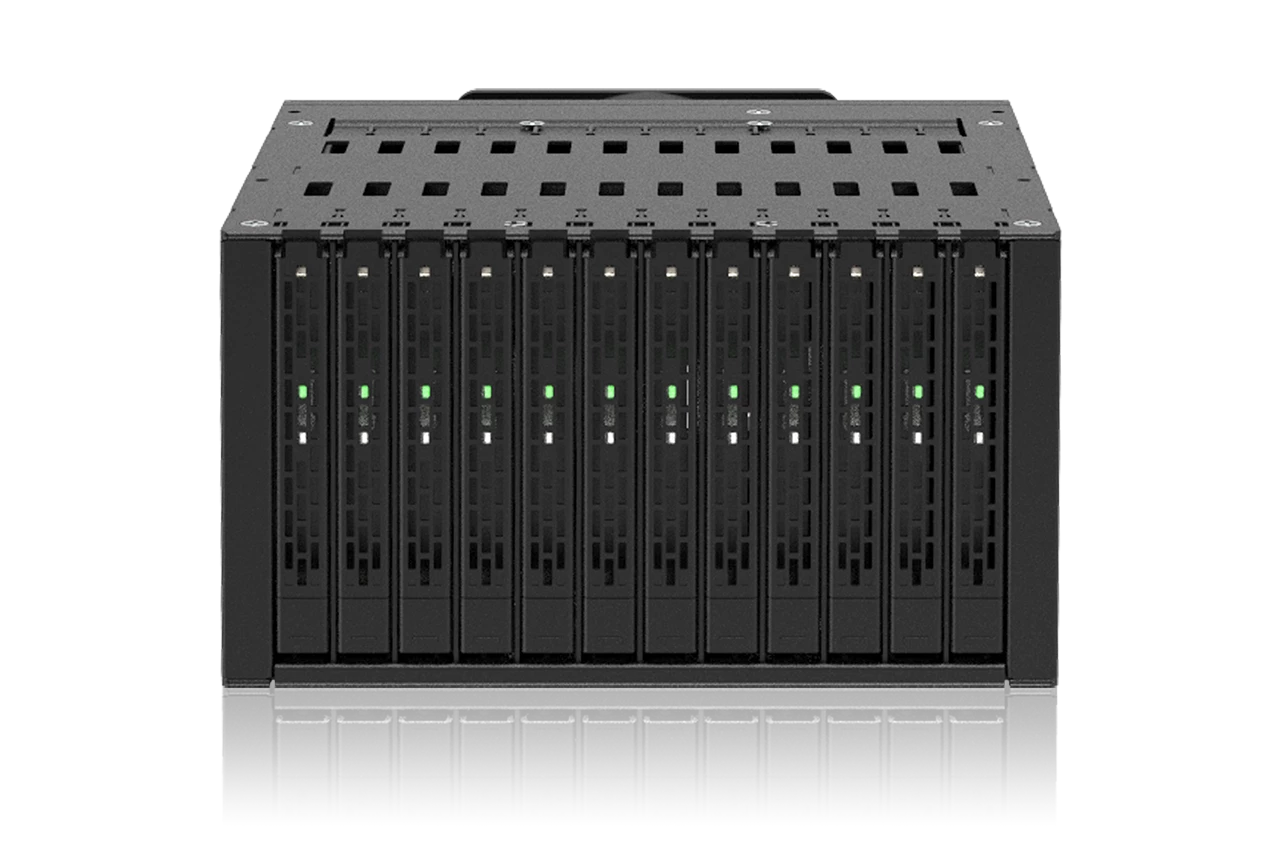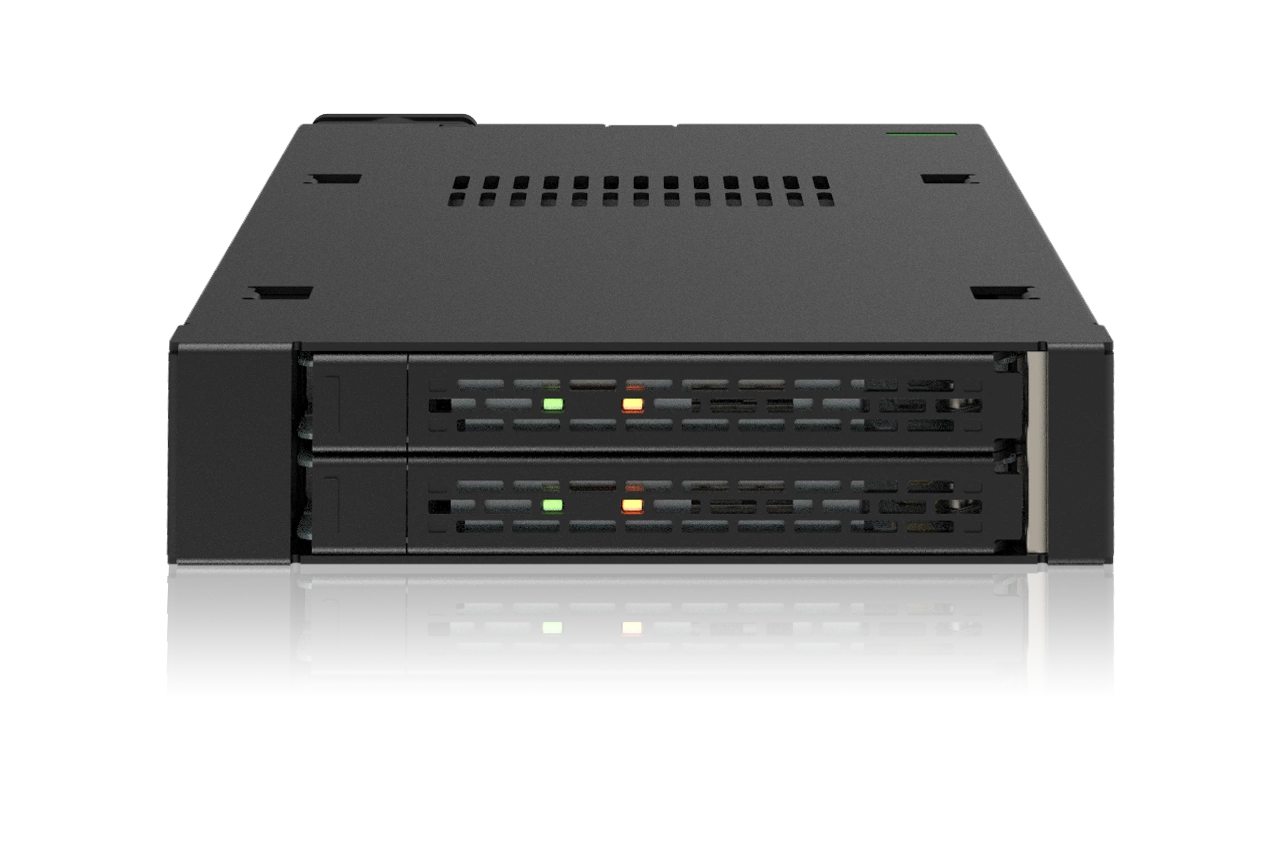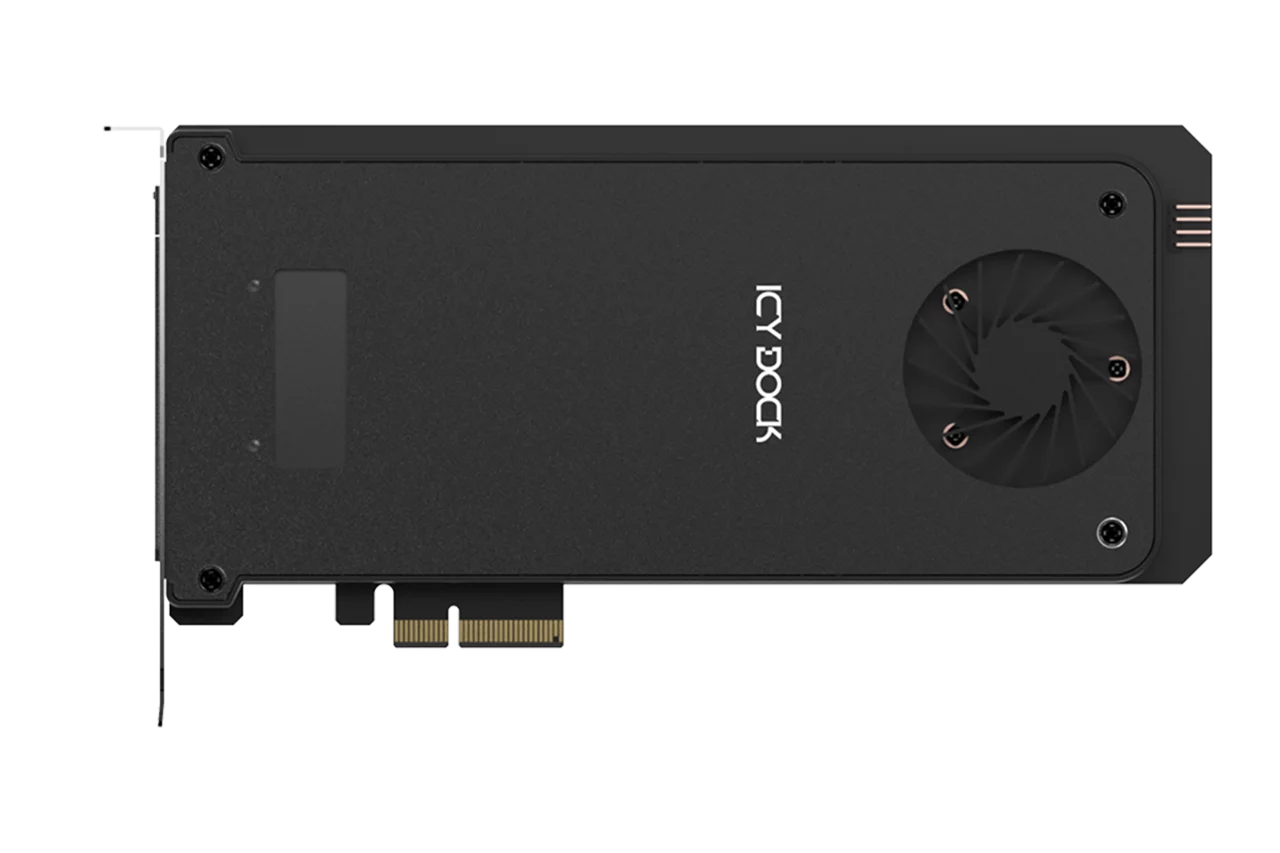|
|
|
What is EDSFF? |
|
EDSFF stands for "Enterprise and Datacenter Storage Form Factor." It is a standard for solid-state drives (SSDs) designed specifically for data centers and enterprise storage systems. The EDSFF standard defines a range of form factors and specifications that provide flexibility and scalability for different storage needs in data centers. The goal of EDSFF is to address the increasing demands for storage capacity, performance, and power efficiency in modern data center environments. |
|
Types of EDSFF SSD |
|
There are four main form factors defined by EDSFF: |
 |
|
E1.S: This is the smallest form factor, similar to M.2. It is suitable for low-capacity SSDs that require a compact physical size and ideally used for boot drives or caching applications. |
 |
|
E1.L: This longer form factor provides higher capacity compared to E1.S while maintaining the ideal form factor for blade servers. It is suitable for a wider range of applications, including read-intensive and mixed-use workloads. |
 |
|
E3.S: This form factor is similar to the 2.5" physical size standard of SSDs. The larger physical form allows for higher-capacity SSDs. It is often used for high-performance applications, such as database storage or real-time analytics. |
 |
|
E3.L: This is the largest form factor defined by EDSFF and offers the highest capacity and power. It is typically used for applications that require large amounts of storage, such as cold storage or archival systems. |
|
How to use EDSFF drives? |
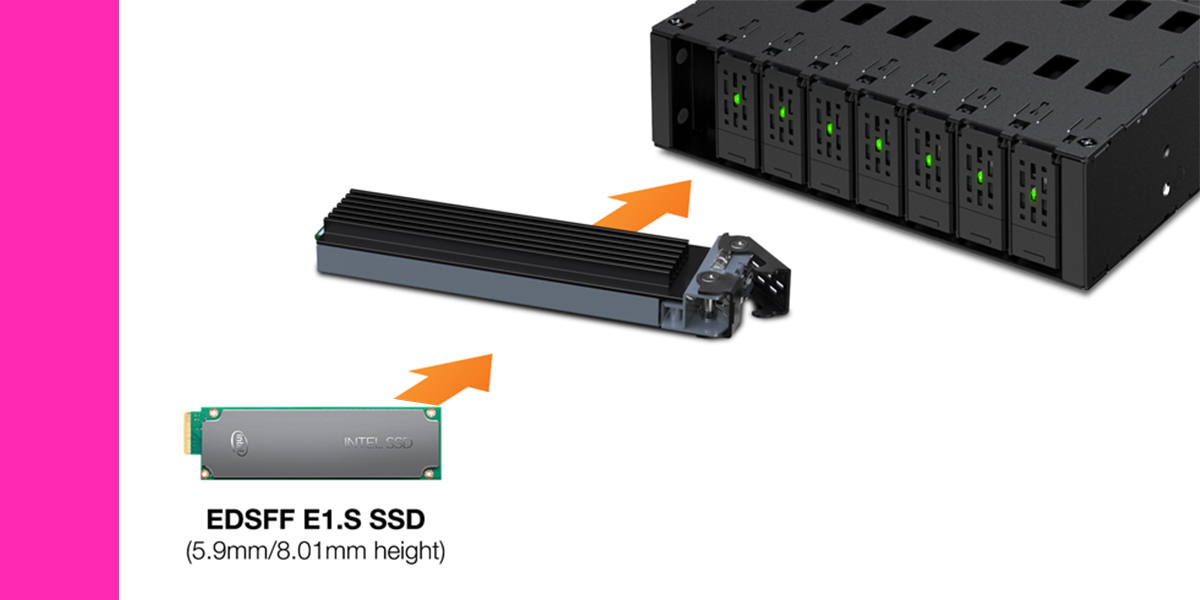 |
|
EDSFF enclosures come in various sizes and configurations to support different EDSFF form factors, such as E1.S, E1.L, E3.S, and E3.L. The enclosures typically include drive slots or bays to insert and secure the EDSFF SSDs, as well as connectors for power and data connectivity. |
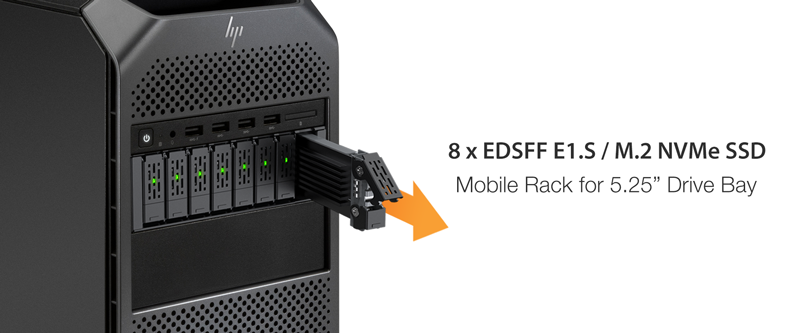 |
|
Many EDSFF enclosures support hot-swapping, allowing SSDs to be added or removed without shutting down the system. This feature enables easy maintenance, upgrades, and replacement of SSDs without disrupting the storage infrastructure. |
|
What does ICY DOCK offer? |
|
As a leading manufacturer specializing in storage solutions, we are currently developing EDSFF enclosures in various form factors. Our team is diligently working on perfecting the design and functionality of these enclosures, taking into consideration valuable feedback from users. By engaging with users throughout the development process, we aim to ensure that our EDSFF enclosures meet their specific needs and requirements. Check out the concept products below and share your valuable feedback with us! |
|
ICY DOCK EDSFF Concept Products: |
|
|||||||||||||||||||||||||||||||||||||||||||||||||||||
|
|||||||||||||||||||||||||||||||||||||||||||||||||||||
|
||||||||||||||||||||||||||||||||||||||||||||||||
|
||||||||||||||||||||||||||||||||||||||||||||||||
|
||||||||||||||||||||||||||||||||||||||||||||||||
|
||||||||||||||||||||||||||||||||||||||||||||||||
|
||||||||||||||||||||||||||||||||||||||||||||||||
|
||||||||||||||||||||||||||||||||||||||||||||||||
 |
















